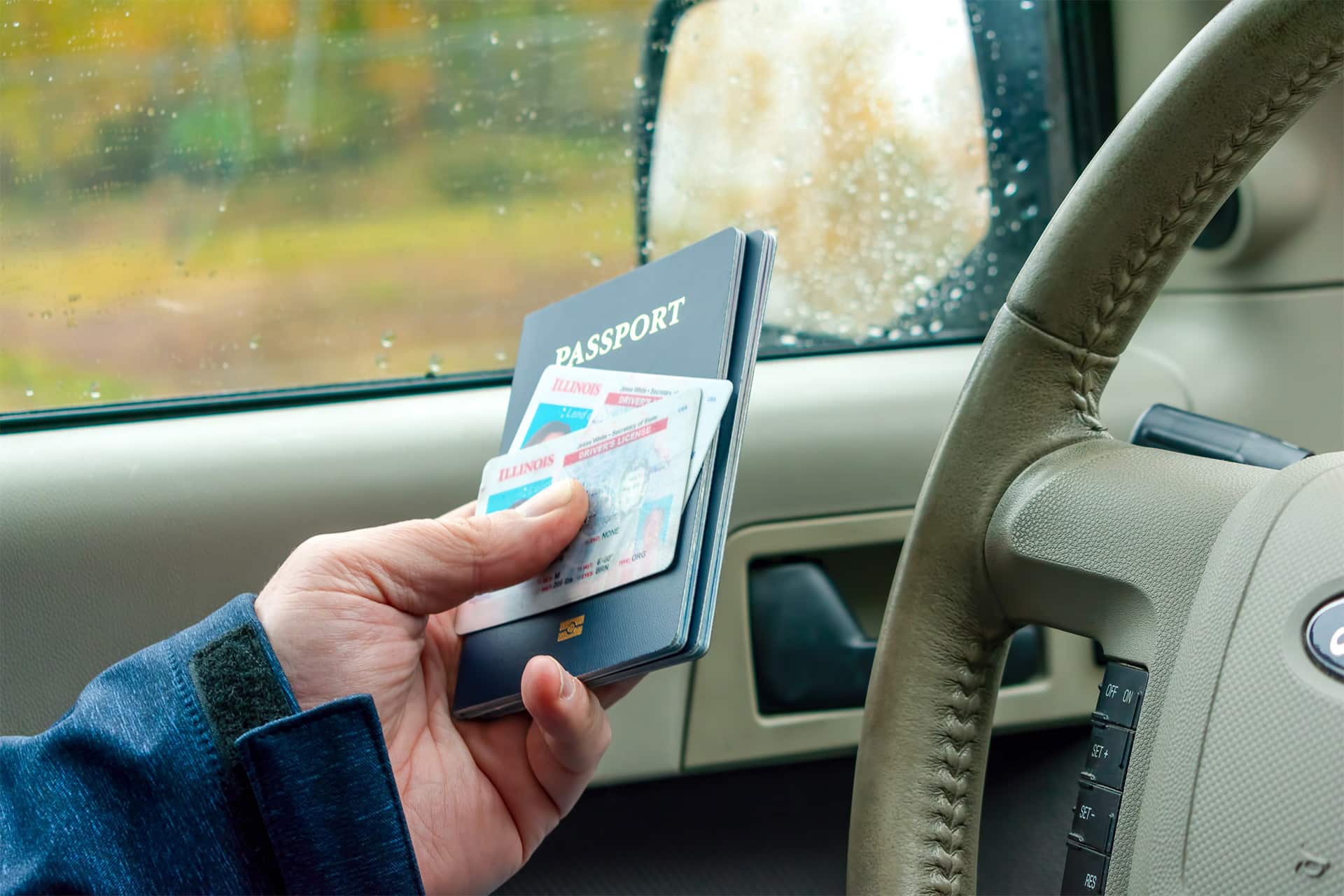On May 7th, 2024, a significant regulatory update was published in issue number 88 of the Official Gazette, amending Article 91 of the Road Safety and Transit (hereinafter referred as, the “Transit Law”). This reform marks a pivotal advancement for foreigners in Costa Rica.
Previously, the Transit Law limited foreigners driving in the country with their foreign license for a maximum of 90 days. However, the Directorate General of Migration and Immigration, established a maximum stay of up to 180 calendar days for foreigners classified under Group A.
Following are the key changes and benefits outlined for foreign licenses:
- Tourists and transit passengers holding foreign driving licenses are now permitted to operate vehicles in Costa Rica within the same vehicle category as their license allows, for the duration approved by immigration authorities.
- Foreigners with regular migratory status, including those in the process of changing their migratory category or requesting an extension, are now eligible to drive in Costa Rica while awaiting the final resolution of their immigration status.
- Individuals with approved or pending foreign licenses, as well as foreign diplomats, consuls, and officials of accredited international organizations, may now drive in Costa Rica using a national license without the necessity of a minimum continuous stay period in the country.
The validity of the foreign license will align with the total approved period of stay in Costa Rica. This provides individuals with a 180-day stay allowance in Costa Rica the opportunity to utilize their foreign license for driving purposes for the entirety of their stay.
Furthermore, this regulatory update also represents a significant step forward for individuals in the process of obtaining residency, as they now have the option to drive with their foreign license initially and later transition to a Costa Rican license.
It is crucial to emphasize that foreign drivers are subject to the same regulations as those holding a national license. Therefore, adherence to the rules outlined in the Transit Law, along with possession of a valid license, remains mandatory for all drivers.
This regulatory update not only streamlines the process for foreigners navigating Costa Rica’s roadways but also underscores the country’s commitment to facilitating smoother integration for foreign residents and visitors alike.
If you have any further questions or would like our assistance, please do not hesitate to contact us at .
Licda. Rosa Aguilar Ureña
Partner / Co-founder

